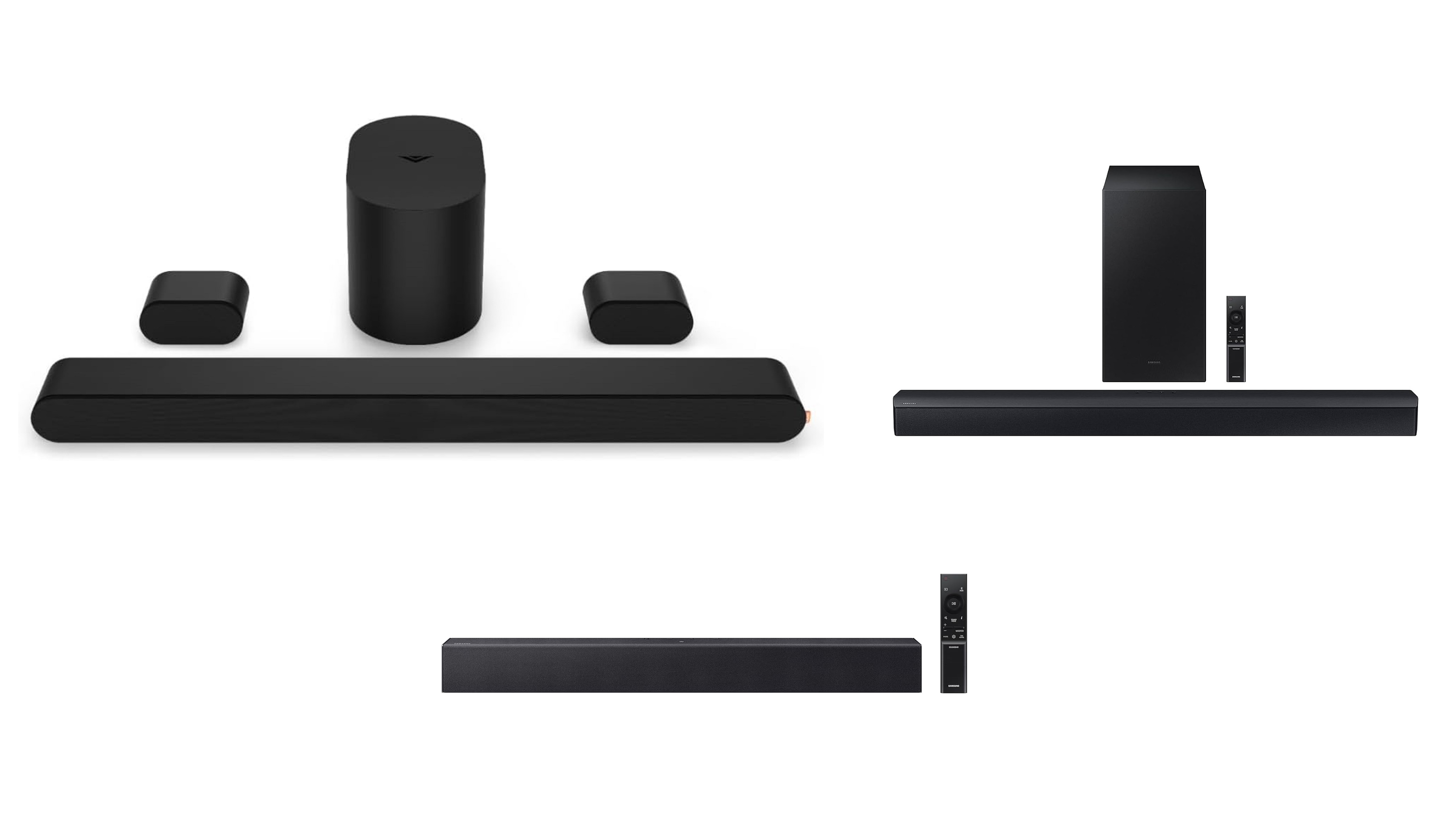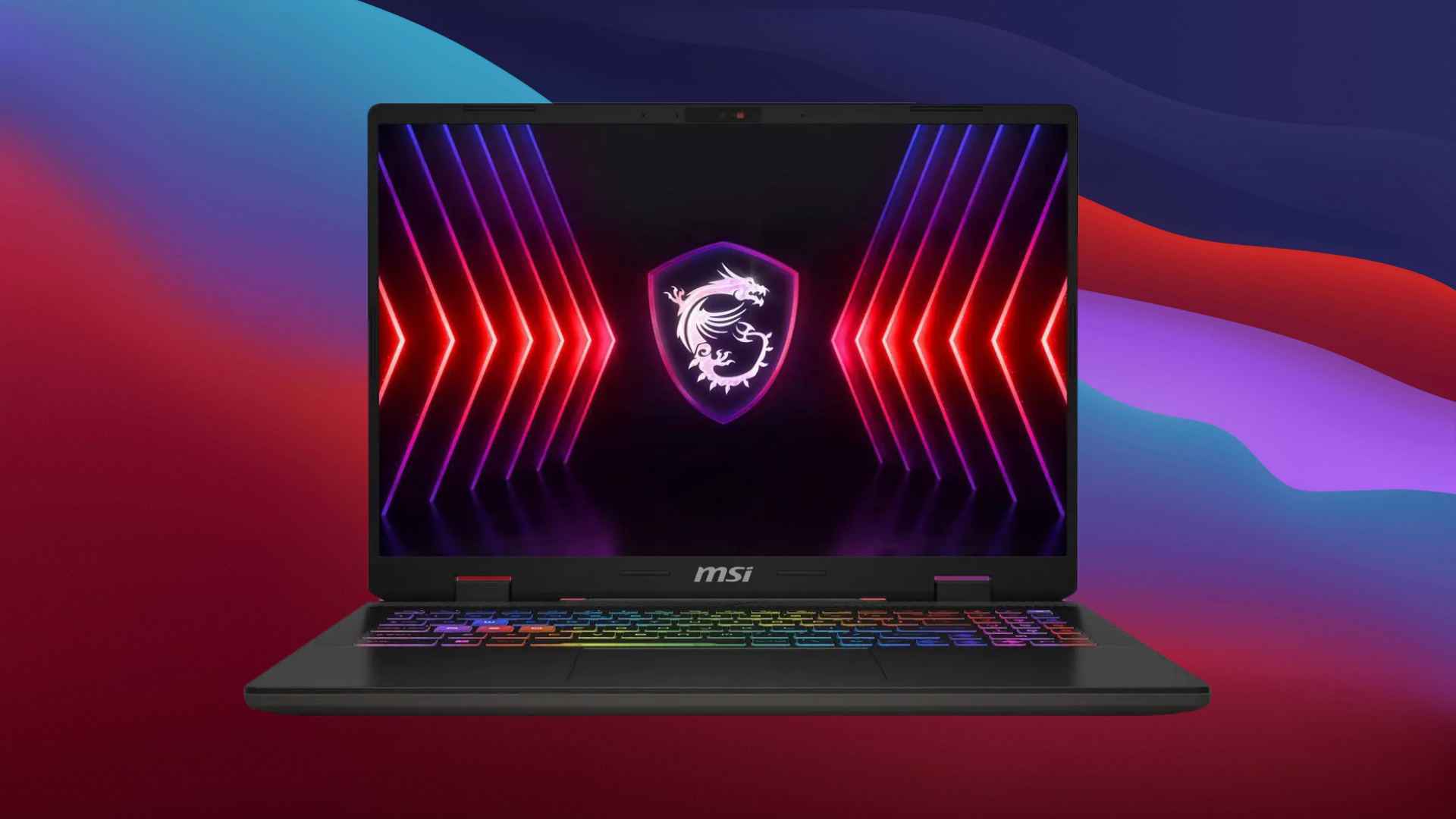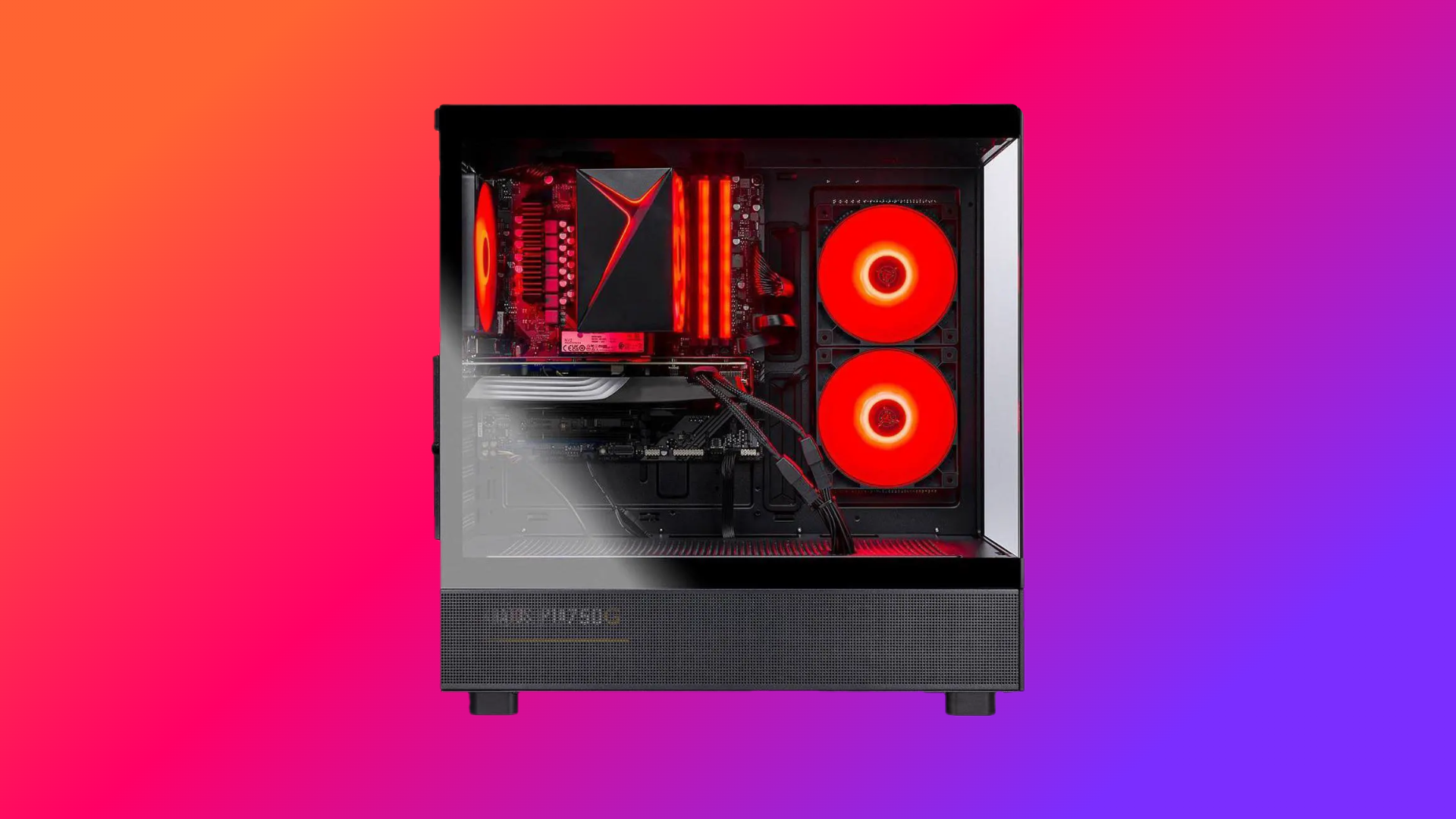Ryzen CPUs are considered the best in the industry, but are they really that much better than Intel’s? Let’s compare them both and find out.
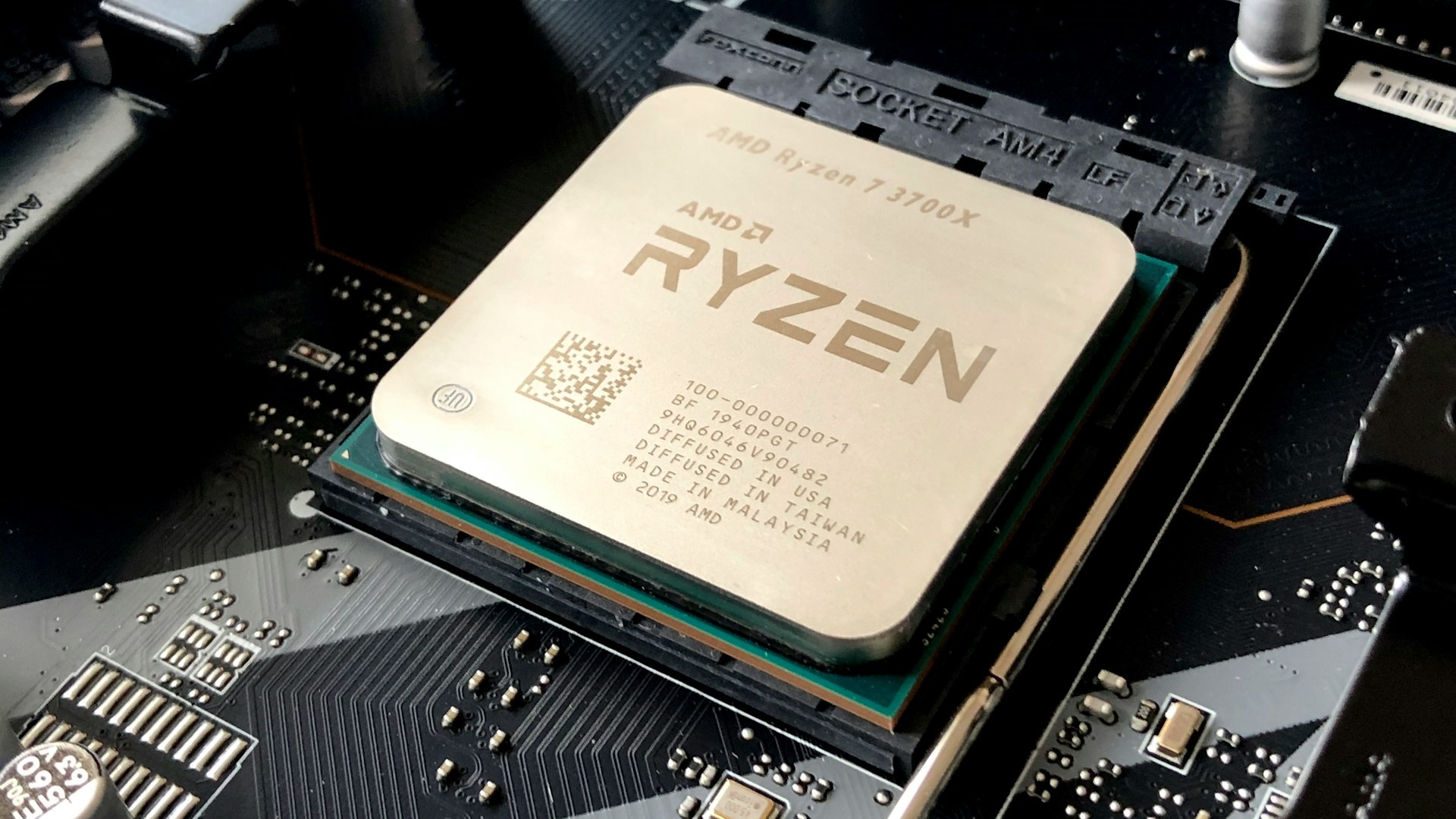
There’s no denying that AMD Ryzen CPUs have made a name for themselves in the computer industry, thanks to their solid performance and value at every price point. However, Intel is no slouch either. Team Blue really picked up the pace and delivered a solid performance improvement with the release of the 12th Gen processors, which continued with the 13th Gen and newer, offering even more core count.
Intel utilized performance and efficiency cores to deliver a much higher core count than its AMD counterparts. However, AMD’s ace in the hole is its X3D CPUs, which deliver significantly higher performance in gaming than anything else. Still, we won’t blame you if you are confused about them. There’s a lot more to processors than just raw performance. In this article, we will pit both Intel and AMD Ryzen CPUs against various segments and find out which is better.
Ryzen vs Intel CPU: Which Is Better?
There are several aspects to a CPU, including performance, RAM compatibility, power consumption, motherboard compatibility, and longevity. These factors determine which brand’s processors are better. Let’s start with raw performance first:
Raw Performance
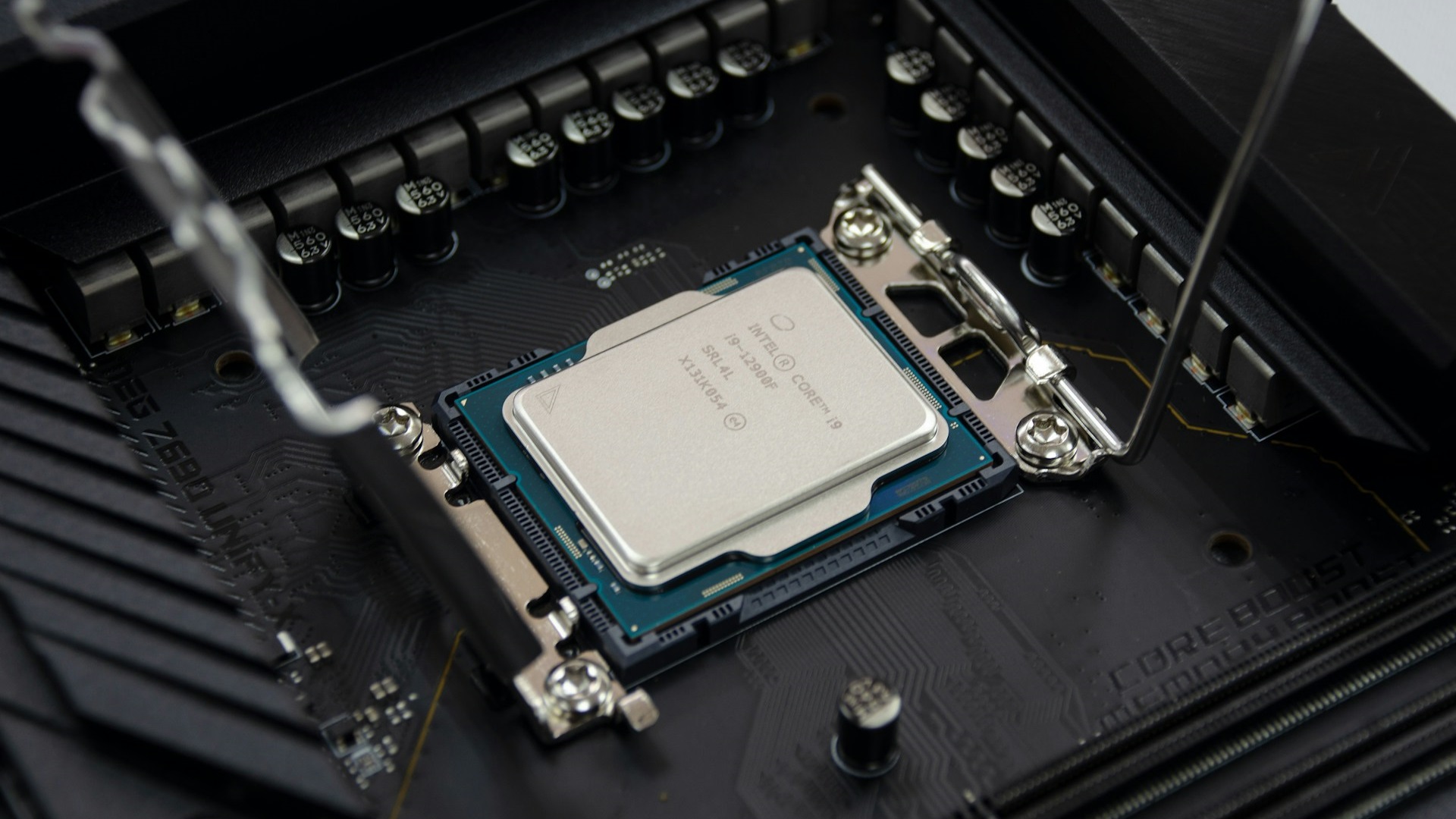
There are three categories of processors: budget/low-end, midrange, and high-end. The Intel Core i3/i5 or Ryzen 3/5 belongs to the budget category, while the Intel Core i5/i7 or Ryzen 7 falls in the midrange category. The high-end mainly consists of the top-end processors like Intel Core i9 or Ryzen 9.
In the budget category, Intel CPUs win in terms of price-to-performance ratio. They offer more core count than their AMD counterparts while costing less. However, in the midrange and high-end, the Ryzen processor may offer better gaming performance, especially with models like the Ryzen 7 7800X3D or 9800X3D. Intel processors may slightly edge out in the extremely high-end category due to the sheer number of cores. However, it also depends on the application you are using. Both Intel and AMD CPUs are highly competitive and offer great value on their own, but depending on the category, one may edge out the other. AMD edges out in gaming.
RAM Support
The last two generations of AMD CPUs, the Ryzen 7000 and 9000 series, exclusively support DDR5. On the other hand, only the latest 15th-gen Intel processors exclusively require DDR5. Older Intel CPUs from the 12th, 13th, and 14th Generations support both DDR4 and DDR5. Since DDR5 RAM kits are more expensive than DDR4 ones, Intel buyers will have more flexibility and better value for money. Therefore, Intel processors are better for RAM support.
Motherboard Compatibility and Longevity
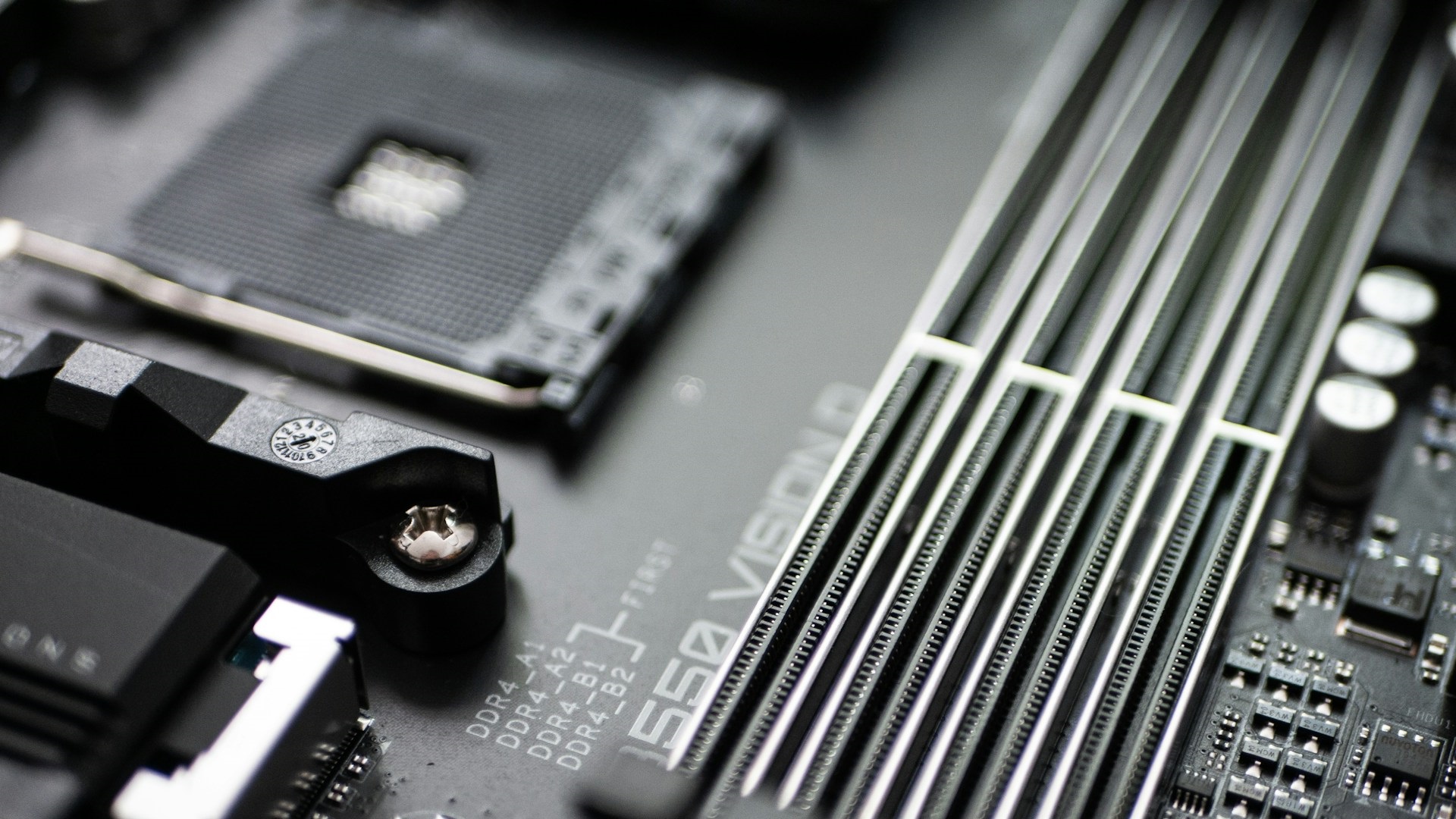
When it comes to motherboard compatibility and longevity, AMD motherboards are generally better. The previous AMD motherboard socket, AM4, supported four generations of AMD CPUs, and the same is expected from the current generation AM5 socket. Therefore, if you buy an AMD motherboard with an AM5 socket, it not only supports the Ryzen 7000 and 9000 series but will also support future processors from AMD.
On the other hand, Intel changes the socket every two to three generations. Sometimes, Intel changes socket support even after one generation of CPUs. Therefore, if you decide to upgrade to a newer Intel processor in the future, you will have to buy a new motherboard with it. You will inevitably have to spend more if you go with an Intel platform. Thus, AMD motherboards offer better compatibility and longevity.
Power Consumption
Intel processors tend to consume more power than AMD, even at the same TDP. For example, both the AMD Ryzen 5 7600 and Intel Core i5-13400 have a 65W TDP limit. However, the latter CPU consumes more power since it has a higher Power Limit (PL2). Therefore, Intel processors consume more power.
Pricing
This is where things take an interesting turn. Intel processors are currently a bit cheaper than their AMD counterparts, but Intel motherboards are a bit more expensive than AMD boards. However, the prices can vary depending on current tariffs, and the situation could change in the future.
Final Thoughts on Ryzen vs Intel CPU
Both AMD Ryzen and Intel CPUs are great, but depending on their pricing, one will edge out the other. In gaming specifically, AMD CPUs would be better, particularly AMD’s X3D processors. However, if you are not a gamer, you can choose either AMD or Intel, depending on your budget. For users on a strict budget, go with Intel, as they are more affordable in the budget category.
Looking For More Related to Tech?
We provide the latest news and “How To’s” for Tech content. Meanwhile, you can check out the following articles related to PC GPUs, CPU and GPU comparisons, mobile phones, and more:
- 5 Best Air Coolers for CPUs in 2025
- ASUS TUF Gaming F16 Release Date, Specifications, Price, and More
- iPhone 16e vs iPhone SE (3rd Gen): Which One To Buy in 2025?
- Powerbeats Pro 2 vs AirPods Pro 2: Which One To Get in 2025
- RTX 5070 Ti vs. RTX 4070 Super: Specs, Price and More Compared
- Windows 11: How To Disable Lock Screen Widgets
 Reddit
Reddit
 Email
Email
